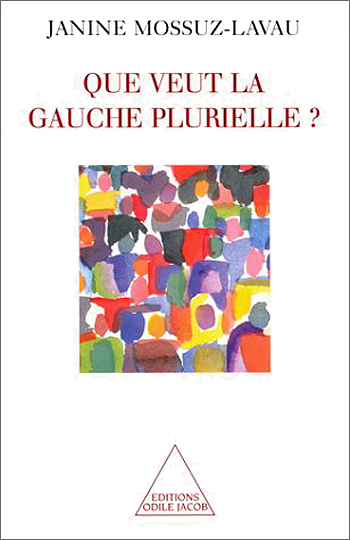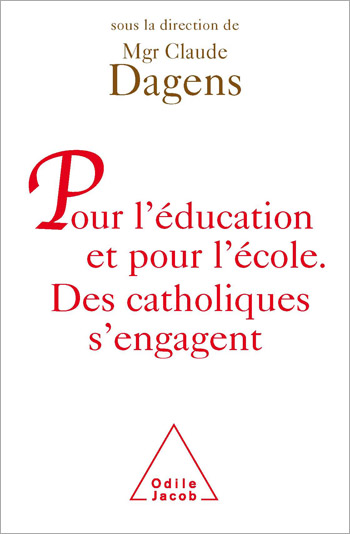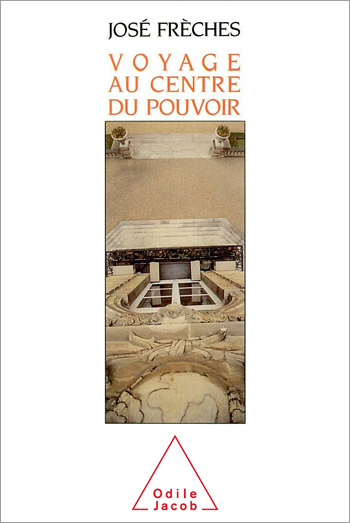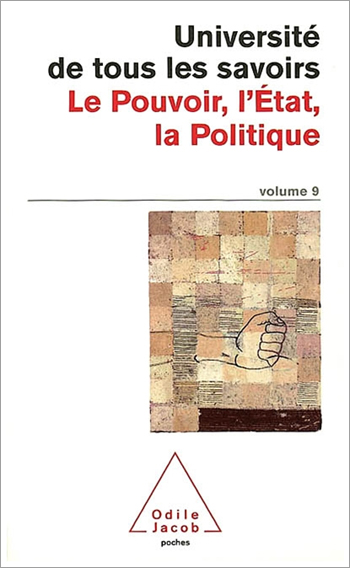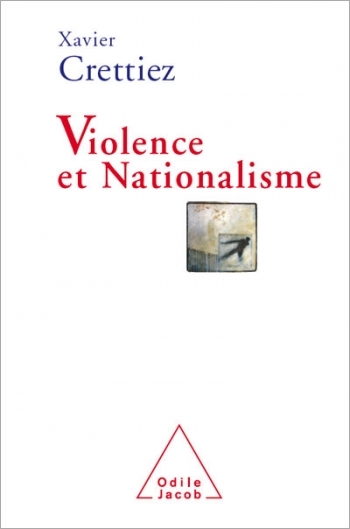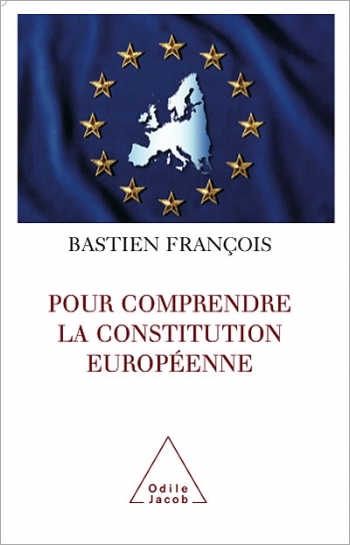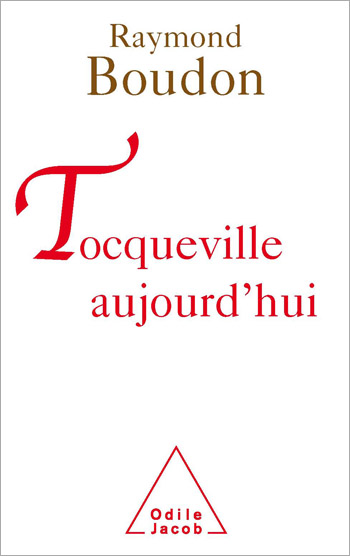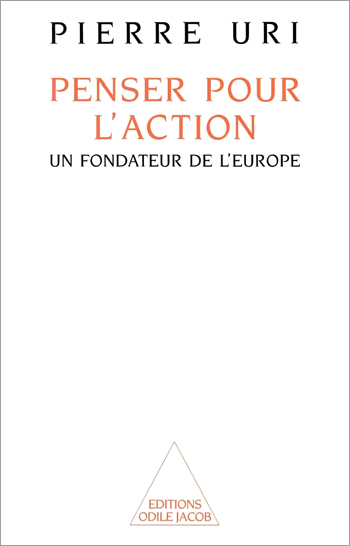politics All books
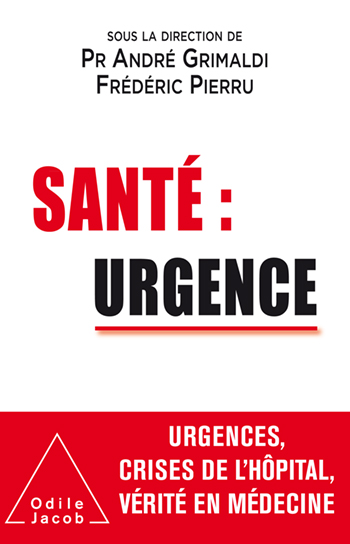
André Grimaldi, Frédéric Pierru
Your Health in the Future
How can we maintain the quality of care in hospitals? Is our health system equipped to respond to the challenges of the aging of the population and of chronic illnesses?
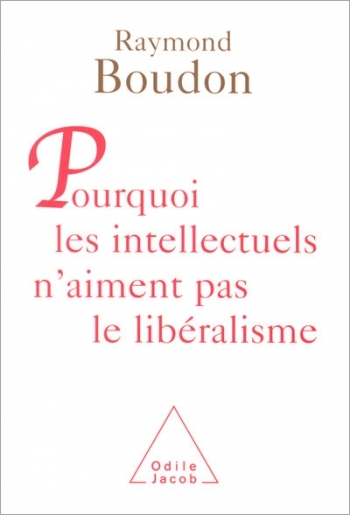
Raymond Boudon
Why intellectual peoples don't like liberalism
Given the intellectual force of liberalism, its political appeal, its economic effectiveness and its historical significance, why is it so unpopular among French intellectuals? Why does it elicit so little serious discussion? And why is it the object of so much confusion, so many clichés and misunderstandings? Is it simply out of resentment, because intellectuals feel that the market does not afford them the material and symbolic rewards that they believe they deserve? Is it just because they prefer to play a critical role in a society where capitalism is triumphant? Perhaps, but these reasons do not explain everything and they certainly dont explain the systematic rejection of liberal thought in France. A sociologist of knowledge rather than of social determinism, and a specialist in belief systems, Raymond Boudon ruthlessly analyses the cognitive mechanisms that make liberalism so hateful in the eyes of French intellectuals. The result is a keen, detailed review of the clichés that have encumbered discussions for more than thirty years. Raymond Boudon, a professor at the University of Paris-IV, is a member of the Académie des Sciences Morales et Politiques. He us the author of numerous works, most notably LInégalité des chances, La logique du social, LIdéologie ou lorigine des idées reçues, LArt de se persuader, Le Sens des valeurs and Déclin de la morale? Déclin des valeurs. He is the co-author, with R. Leroux, of Y a-t-il encore une sociologie?
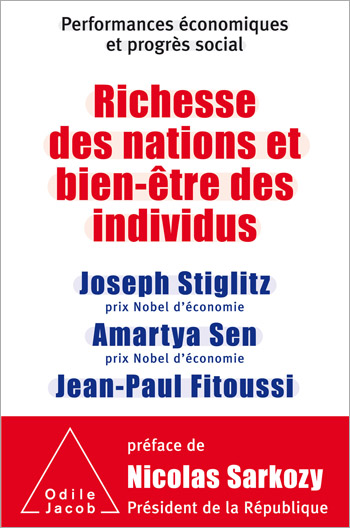
Joseph Stiglitz, Amartya Sen, Jean-Paul Fitoussi
The Wealth of Nations and the Well-Being of Individuals Economic Performance and Social Progress
“If we do not want our future, our children’s future and that of succeeding generations to be strewn with financial, economic, social, ecological and, consequently, human catastrophes, we must change our way of life, how we consume and how we produce...
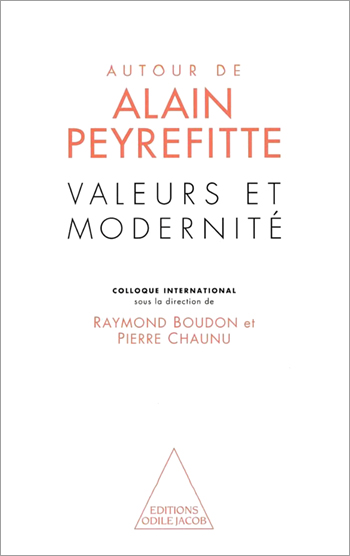
Alain Peyrefitte, Raymond Boudon, Pierre Chaunu
Values and Modernity Expanding on Alain Peyrefitte
With The Society of Confidence, and Of the Economic Miracle, Alain Peyrefitte has illustrated that growth is not primarily founded on the material wealth of a nation, capital, or even on work. Development is intrinsically linked to mentalities and values, which are the essential elements of economic, political and social modernity. Using this thesis as a starting point, the Institute of France organised a conference which brought together economic and technological historians, sociologists, criminologists, and experts from across the world, amongst which were R.Boudon, S.Eisenstadt, D.Landes, and S.Lipset. The wide spectrum of debate runs from the history of religious mentalities (P. Chaunu, J.Delumeau), to penal philosophy (D. Szabo). The comparative outlook of this book allows the reader an insight into the hidden depths of confidence, from Switzerland (J.-F. Bergier), to Japan (Terushi Hara), right through to the Third World (P. Moussa).
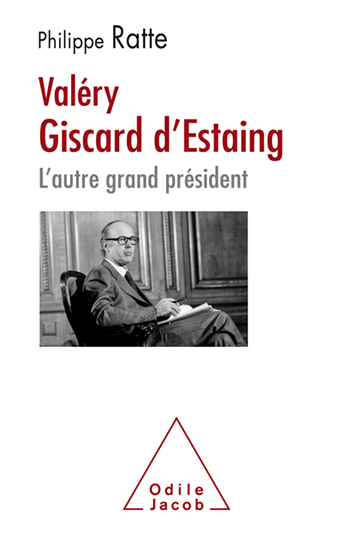
Philippe Ratte
Valéry Giscard d’Estaing The Other Great President
An original biography that convincingly and in a remarkably well-informed way develops arguments that support its position.
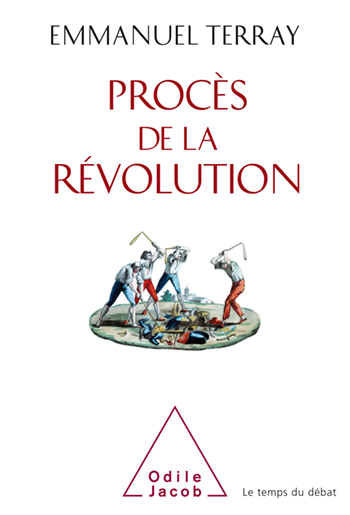
Emmanuel Terray
The Trial of the Revolution
In the first part, the author begins by letting the prosecution talk about the French Revolution. In the second part, Emmanuel Terray asks: where are we today, after two other revolutions, in Russia and in China?
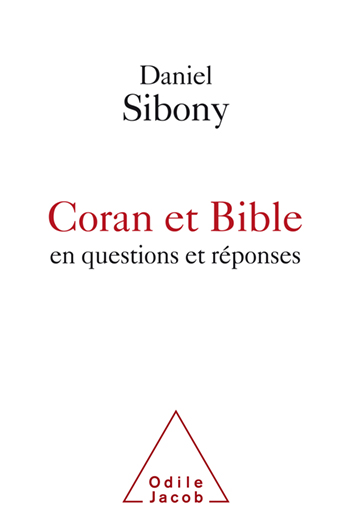
Daniel Sibony
The Quran and the Bible In questions and answers
A step-by-step study of the Quran, almost exactly word for word, to grasp the precise content. A polemical book, but a book based upon the author's knowledge of the Arabic language and the sacred texts of Islam. A return to the original text that allows us to understand the political and geopolitical issues of today's world.
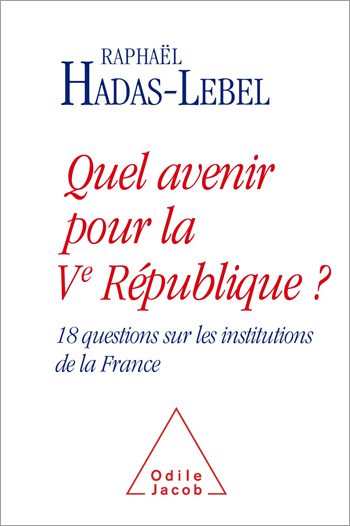
Raphaël Hadas-Lebel
The Future of France’s Fifth Republic and Its Institutions in 18 Questions
Should France abandon the five-year presidential term? Should it proscribe political cohabitation (following the failure of the presidential party to acquire a parliamentary majority)? Is a second chamber necessary? How can the Constitutional Council be made to evolve?

